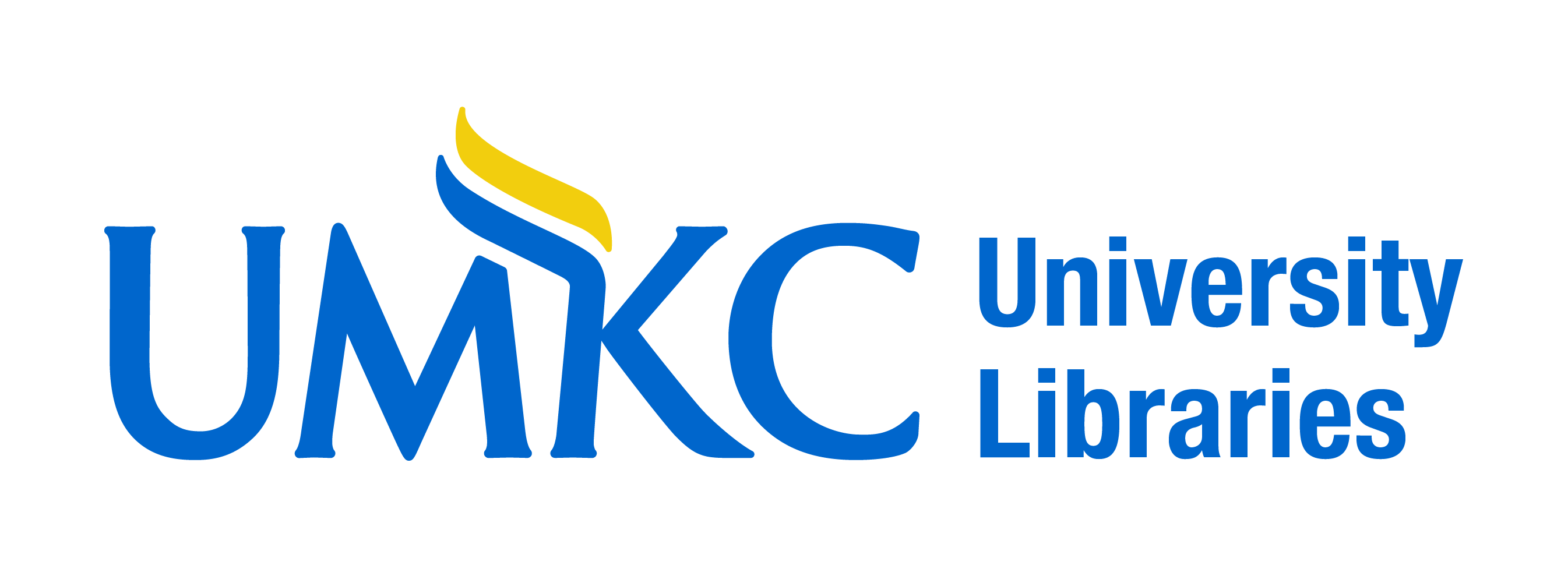Creston, Paul, 1906-1985
Dates
- Existence: October 10, 1906 - August 24, 1985
Biography
Paul Creston was born Giuseppe Guttovergi on October 10, 1906, in New York City to Italian immigrant parents, Gaspare Guttovergi and Carmela Collura. At age eight, he began taking piano lessons and teaching himself how to play his brother’s violin. Creston also pursued an interest in literature, writing his first poem at age twelve, and starting a novel a year later. Because of poor family finances, Creston’s formal education ended after two and one-half years of high school. During high school, he was nicknamed “Cress” after a character he portrayed in a play. Later in life, he lengthened this name to Creston, chose Paul for a first name, and legally changed his name to Paul Creston in 1944. Creston worked at various businesses, banks, and insurance companies to pay for organ and piano lessons, while studying English, foreign languages, mysticism, music composition, and orchestration on his own. His piano teachers during this period included Gaston Dethier, Carlo Stea, and G. Aldo Randegger.
Although Creston had been composing as a diversion or past-time since age eight, his development as composer increased during the 1920s until 1932, when he finally decided to choose composition as his career. Creston learned how to improvise by working as a theater organist from 1926-1929, and eventually became the organist at St. Malachy’s Church in New York City from 1934 to 1967. In July of 1927, Creston married a dancer, Louise Gotto (1903-1989), who influenced Creston in his ideas on rhythm and dance. His first premiere was in 1933 with the incidental music to a play Iron Flowers. The Crestons’ first child, Paul Julian, survived only six weeks and was buried on the Crestons’ tenth wedding anniversary, July 1, 1937. But on Thanksgiving Day, 1938, the Crestons were blessed with a healthy boy, Joel Anthony, and four years later, they had their third and last child, Timothy.
The success of Creston’s early compositions created many new opportunities for him. From 1944 to 1950, Creston conducted a quartet on the radio program, The Hour of Faith, which aired each Sunday morning. Creston also worked as a composition instructor at over fourteen colleges and universities between the years of 1940 and 1962. In 1960, Creston received a U.S. State Department grant as an American specialist, which enabled him to lecture about American music for over a month in Turkey and Israel. He served as Professor of Composition and Orchestration at New York College of Music between 1963 and 1967, and in 1968, he became artist-in-residence at Central Washington State College in Ellensburg, Washington. During this time, he appeared as guest conductor and lecturer at many colleges and universities across the country. In 1975, he retired from Central Washington State College and moved to Rancho Bernardo, California, which lies on the outskirts of San Diego.
Creston wrote 120 compositions with opus numbers including piano pieces, songs, chamber music for various instruments, choral works, symphonic band works, and over 35 orchestral works including six symphonies. He is especially recognized for his contributions to the literature of neglected instruments such as the marimba, trombone, harp, accordion, and saxophone. His works have been widely performed by major orchestras and performing artists. In an orchestral survey prepared by Robert Sabin in the late 1950s, Creston and Aaron Copland shared first place in regard to the number of orchestra compositions and their performances by major American symphony orchestras.
Creston also composed works without opus numbers, especially for radio, television, and film. He composed for the children’s radio program Storyland Theatre and for the dramatic portions of the radio program Philco Hall of Fame. Creston also contributed scores to the CBS-TV series The Twentieth Century, receiving a Christopher Award for the segment Revolt in Hungary. The documentary on poet William Carlos Williams, In the American Grain, earned Creston an Emmy award. In addition, Creston wrote numerous articles for music journals and authored two published books: Principles of Rhythm and Rational Metric Notation.
Among Creston’s awards and honors are two Guggenheim Fellowships (1938, 1939), New York Music Critics’ Circle Award (1943), Citation of Merit from the National Association for American Composers and Conductors (1941), the Music Award of the American Academy of Arts and Letters (1943), and the Citation of Honor from the National Catholic Music Educators Association (1956).
Paul Creston was diagnosed with cancer in 1984, and died on August 24, 1985.
Found in 3 Collections and/or Records:
American Composers Collection
The American Composers Collection includes material related to over 150 composers, including manuscript music scores, programs, correspondence, news clippings, and other items. Material varies with composer, from a single item to several folders. The collection was amassed from various donations to the University of Missouri-Kansas City before being given to the Dr. Kenneth J. LaBudde Department of Special Collections. Provenance is noted when known.
Paul Creston (Addendum 5), undated
The American Composers Collection includes material related to over 150 composers, including manuscript music scores, programs, correspondence, news clippings, and other items. Material varies with composer, from a single item to several folders. The collection was amassed from various donations to the University of Missouri-Kansas City before being given to the Dr. Kenneth J. LaBudde Department of Special Collections. Provenance is noted when known.
Paul Creston Collection
Additional filters:
- Type
- Collection 2
- Archival Record 1
- Subject
- Art music 2
- Music 2
- Music trade 1
